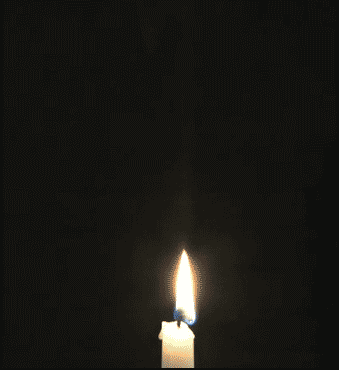Moments after the Philadelphia Eagles won Super Bowl LIX, quarterback Jalen Hurts offered a familiar word of testimony: "God is good. He is greater than all of the highs and lows."
If those words sounded familiar, it's because Hurts – the MVP – shared them earlier on press day, along with several other moments in the spotlight: "My faith has always been a part of me. I've always wanted to root myself in that and keep (God) in the center of my life. … So, through the highs and the lows, He's greater than all of them, and that's something that I can always acknowledge."
Eagles head coach Nick Sirianni opened his post-victory remarks with: "God's blessed us very much. He gave us all the talents to be able to get here, so first and foremost, thanks to Him. … Thank God. Thank you, Jesus."
The coach and his quarterback were not alone, because Godtalk has become more common after championships than pledges to visit a theme park. But the language used during these testimonies has become more nuanced.
"What they said, and didn't say, was quite interesting," said Robert Benne of Roanoke College, who founded its Benne Center for Church and Society. Now 87, he has been writing about faith and sports for decades.
"Not one of them talked about God being on their side," he said, reached by telephone. "They avoided what many would consider evangelistic language, and no one suggested that they prayed to God to help them win. … They were careful not to suggest, in any way, that they had been manipulating the Deity."
This is significant since boastful behavior has become the norm in sports entertainment, Benne recently noted in a Roanoke Times column.
"This is the era of the expressive self," he wrote, under a "Why it's now hard to watch big time football" headline. "Dancing, prancing, running wildly, pounding one's chest with a primal scream. How wonderful, according to the legion of cameras that record every gaping mouth. … The expressive self quickly turns into the aggrandizing self."
Any fusion of proud, pushy behavior and fervent faith would, in "this highly divided country that we have right now," lead to cheers among some viewers and just as many jeers from others, said Benne. Even worse, many commentators immediately interpret statements of public faith as political declarations.



